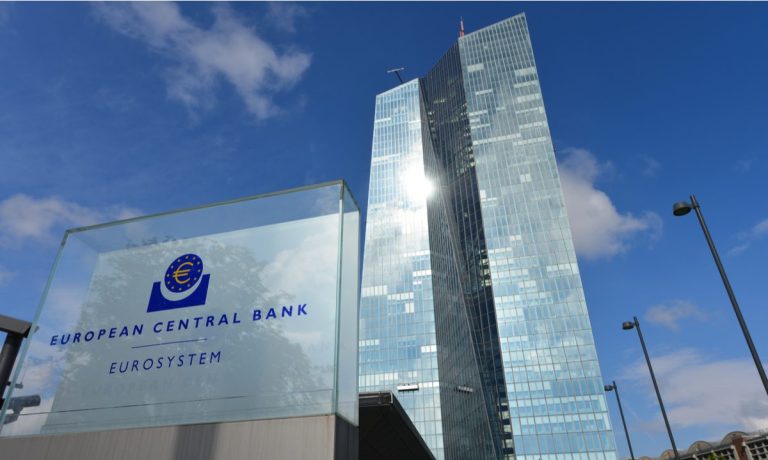ECB Shuns Visa, Mastercard, PayPal for Digital Euro Advisory Panel

The European Central Bank (ECB) has announced the 30 people to be on its Market Advisory Group for its digital euro project, according to a press release.
The group will advise the ECB on the design and distribution of a possible digital euro, the release stated. It will also consider how a digital euro could add value to the eurozone’s payments ecosystem.
Absent from the list of advisory group members are major U.S. payment firms, such as Visa, Mastercard and PayPal, Ledger Insights reported. Although the U.S. is represented with the inclusion of Stripe’s Sean Mullaney, Stripe has headquarters in both the U.S. and Ireland as its founders are Irish.
Also included is the European Payments Initiative (EPI), which is backed by 31 European banks and is looking at creating a region-wide payment system to compete with Visa and Mastercard, with card acquiring solution Worldline being a member of both the EPI along with ECB’s advisory group, the report stated.
“I am pleased that many high-quality experts from the private sector are willing to contribute to the digital euro project,” said ECB Board Member Fabio Panetta in the release. “Their expertise will facilitate the integration of prospective users’ and distributors’ views on a digital euro during the investigation phase.”
The first meeting of the Market Advisory Group will be held in November, and then at least quarterly thereafter, according to the release. The ECB plans to interact with institutions through the Euro Retail Payments Board (ERPB), hold focus groups and have technical workshops with industry.
The ECB announced it would begin the investigation phase of its digital euro project in July.
Read more: ECB Begins ‘Investigation Phase’ of Digital Euro Project
“A digital euro must be able to meet the needs of Europeans while at the same time helping to prevent illicit activities and avoiding any undesirable impact on financial stability and monetary policy,” the ECB said at the time. “This will not prejudge any future decision on the possible issuance of a digital euro, which will come only later. In any event, a digital euro would complement cash, not replace it.”

